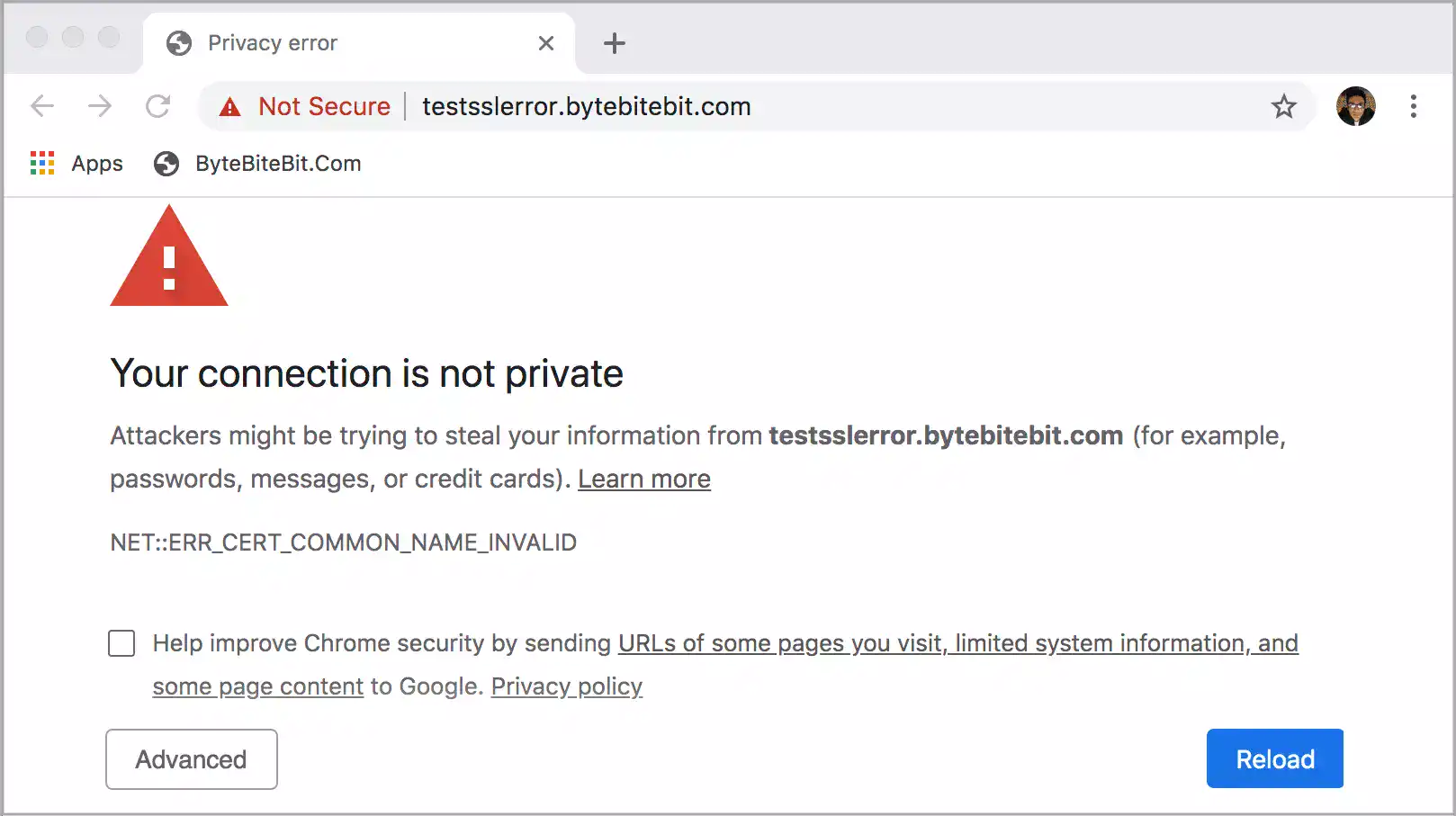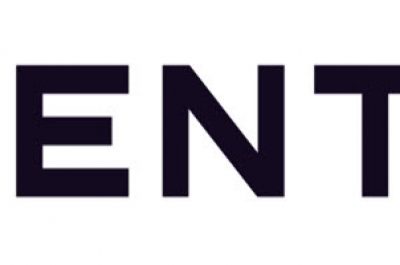Author: Team BRS | 3-minute read
If you spend time online, you’ve browsed some websites that are secured with an SSL certificate and some that aren’t but likely didn’t realize it. You can tell if a website has an SSL certificate by checking to see if the URL begins with “HTTPS” or “HTTP.” If the site is secured with an SSL certificate, the web address will begin with “HTTPS.” If you’re browsing on Chrome, you’ll see a tiny padlock icon displayed to the left of the URL. This indicates the site has an SSL certificate.
You’ve probably received messages like this from your browser, warning you not to click through to sites that don’t have an SSL certificate:

If you’re still not sure whether or not your website has an SSL certificate, you can ask your website hosting provider.
But what is an SSL certificate, and why do you need one?
If you’ve ever made an online purchase, downloaded a PDF or filled out an online form, you know that websites are two-way streets. A website acts as an information conduit between your local internet address and the server where that website lives. Software engineers have developed effective encryption methods over the last several decades to secure this two-way flow of data over the World Wide Web. The latest, most widely used internet security protocol is SSL, or “Secure Socket Layer.” This encryption is added to your website by purchasing an SSL certificate.
An SSL certificate adds a layer of security to your website, boosts search engine rankings, and builds trust with your visitors. And it can be implemented with relatively little effort and expense.
1. It’s About Security
The “S” in HTTPS indicates that a website is using an SSL certificate to ensure a secure connection. It does this by encrypting data as it passes between web servers and browsers.
Basically, it prevents sensitive payment and personal information like credit card numbers, contact information and passwords from being intercepted by cybercriminals.
The SSL certificate is like an electronic document used to verify credentials including the certificate holder’s name, the certificate’s serial number, expiration date, and the signature of the certificate-issuing authority. When a user sends information from a web server, the user’s browser accesses the SSL certificate and establishes a secure connection.
If that’s not enough, most browsers notify their users that a site has a “privacy error” or is “not secure” if they are about to enter non-HTTPS waters. Seeing those scary messages keeps many potential visitors from clicking through to an unsecured site.
2. An SSL Certificate Can Boost Your Site’s Search Engine Rankings
Having an SSL certificate benefits a website’s SEO, whether confidential information is being collected or not. Why? Because it’s in Google’s best interest to send their users to secure websites, which is why Google called for “HTTPS everywhere” in 2014.
Google’s initiative was successful. In January 2021, 89% of pages loaded in Google Chrome were HTTPS and 93.2% of the browsing time on Chrome is spent on HTTPS pages. Soon enough, having an SSL certificate will be an absolute requirement to appear on search engines – and it’s one of the easiest ways to improve your rankings.
Even if you have an HTTPS site, having any external resources (links, images, videos) that are not HTTPS will negatively impact your rankings. This is referred to as having mixed content.
3. An SSL Certificate Engenders Trust
SSL certificates are not only for e-Commerce websites. Having an HTTPS site establishes your website as a safe and secure place to be and interact whether you’re selling products and services online or you just have an informational site. Having this added layer of security shows your visitors you value their security and are keeping up with best practices. It lets them know they are safe to share information with you through your website via contact forms, logins, etc.
If you don’t yet have an SSL Certificate, the bright side is that it’s relatively easy to implement. And with so many benefits, it’s in your best interest to have an HTTPS site sooner rather than later.
Not sure of your site’s security status? We’d be happy to take a look. Contact us today!
#BraveRiver #BraveBytes #ExperiencePaysDividends #GoBrave #MadeInRI






